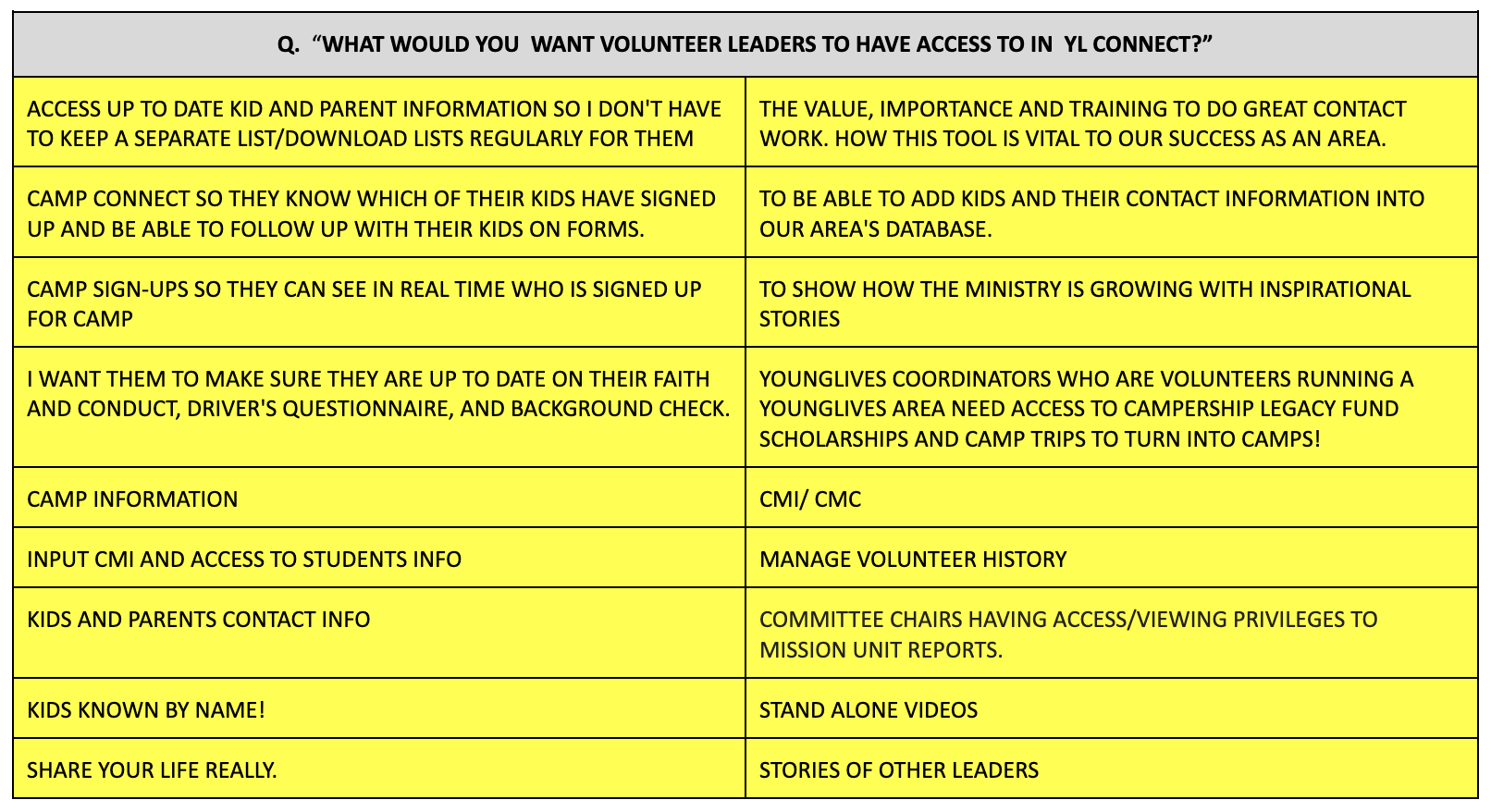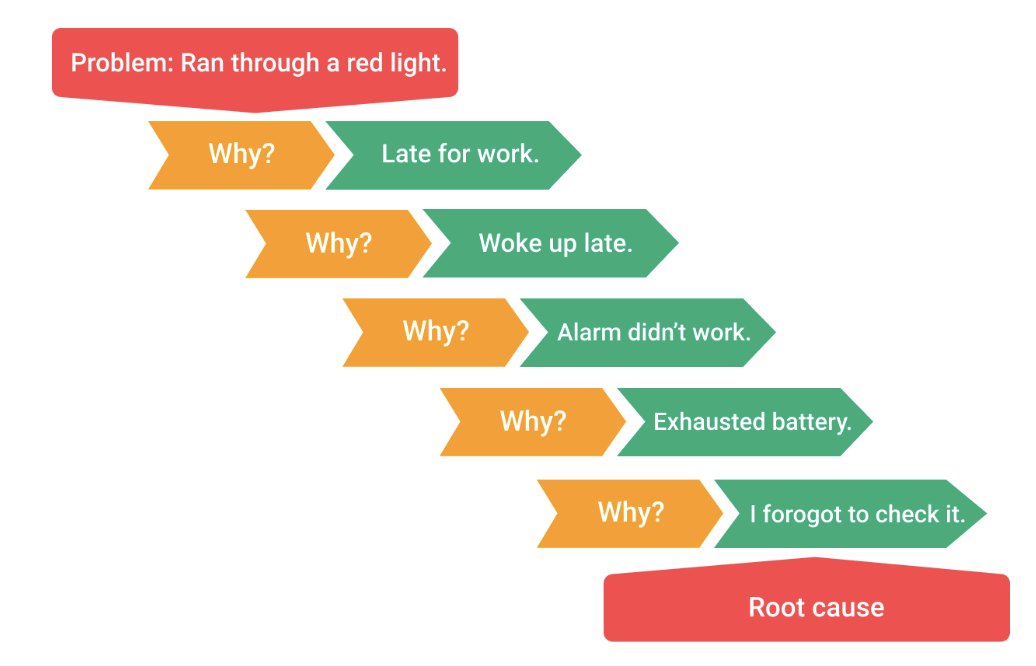I’ve been a part of numerous Young Life Banquets, both as an Area Director and a Speaker. It can be a stressful month leading up to the event and a hectic evening for a staff person and a committee. But I don’t think it has to be that way. I think the banquet can be the evening we look forward to most as an Area. And what we look forward to has nothing to do with our budget.
Here are three simple elements that need to be first and foremost at any Young Life Banquet that will leave you and your committee saying, “I can’t wait for next year,’ rather than wiping their brow and saying, “Phew! I’m glad that’s over.”
1. Fun - Remember, this is Young Life! Don’t forget to bring the fun… skits, walk-ons, great music, games, and humor. We can get so caught up in the finances and stress of the evening that we lose the fun. And don’t limit that one just one five-minute portion of the evening.
We bring in a program team and plan a weekend camp, ski trip, or summer camp week. They plot and theme everything from when kids arrive to when they leave. Why not do that with your banquet? These adults are worth it. The gospel you will share with them is more than worth it!
Plan and theme the guest’s arrival to their departure. This means more than just having a gauntlet of kids screaming as they walk in. (…to be honest, that’s a bit jarring)
What music will match the theme?
What is the first thing they will see when they walk in the door?
How will they be greeted?
How will they get to their table?
What will be on the table?
What is up on the big screen?
What music will play during dinner?
How will the program start?
How will kids be a part of the program?
What kind of t-shirts could the kids wear to match the theme?
What walk-on characters could be a part of the theme?
How can we get parents and kids together in the skit or game?
How will the message build off the program and theme?
How can the pitch tie in?
What kind of surprise ending could follow the pitch that would leave people wanting to tell their friends all about it for days?
That might sound like a lot of work, but you are about to have hundreds of adults in a room with whom you get to share the gospel and let them know what Jesus is doing in kids' lives. What could be better? Should that two hours be endured or celebrated?
It is a sin to bore a kid with the gospel, but it is also a sin to bore an adult with your banquet.
2. The Gospel: The essential thing that will happen the night of your banquet is that someone (maybe you) will open up scripture and talk about Jesus in a way that causes adults to lean in and listen. Maybe they don’t go to church. Or perhaps they go to a church that does not talk about Jesus in a way they relate to. You (or your banquet speaker) get to step in the gap. Even your budget is not more important than this.
One staff person said after a banquet, “I’ve never seen my dad lean in and listen to anything like that before.” I’ve had other banquet attendees say, “If you would preach at church, I’d go every week.”
What they are really saying is, “I’ve never heard anyone talk about Jesus like that. I want to know more.” Don’t miss that opportunity.
3. Testimonies of Changes Lives: Whether via video or live, stories of changed lives must be told. We need to remember that having “the best week of my life” at camp does not equal a changed life. Lives only change when hearts change first, and only Jesus (not a change of geography) can change hearts. I’ve seen too many testimonies be more about how great camp is rather than a story of Jesus, and probably so have you.
We want our guests to know that God is on the move in our community, and one vehicle he uses is Young Life. They will know that is true by hearing stories of, “…all I know is I was lost, and now I am found in Christ.”
There are many ways to accomplish this. You could do an interview, a rehearsed testimony, cardboard testimonies, videos, or kids visiting tables. But remember, it’s about Jesus, not a camp commercial.
If we were to stop there, and all three elements above were executed well, that would be a successful night!
Notice that I did not mention the amount of money being raised as a part of success. Not everyone will agree with this, but I would never “count the money” the night of the event. I always wanted to celebrate with our staff, leaders, and committee the clear sharing of the gospel, changed lives, and laughter without it being seen through the lens of a dollar amount.
But wait, isn’t a banquet a fundraiser? Sure it is. But I think think the elements I listed are more important. And it always seemed if I did my best in those elements, the rest would take care of itself. I may be crazy, but I can also tell you that I missed only one paycheck in my 35 years on staff. It was my second month on staff, and I got my back pay the next month. So, somehow it all worked out.
Since you’ve been so kind to read this far, I’ll throw in a few other things to consider…
The Element of Surprise: Do you realize how many chicken banquets your guests go to each year? Surprise them. Turn left when they think you are going right. Kids came running in last year? Unveil an actual bus to raise camp money this year! Mix it up! You want people going home saying, “I can’t believe… (fill in the blank)!”
The Pitch: Needs to be rehearsed, concise, and clear. You don’t need your pitch person sharing about the butterfly they saw this morning during their quiet time or trying to re-give the speaker’s message. Have them introduce themselves, ask for what is needed clearly, and give the guests time to respond. It’s just that simple.




